Often parents make the mistake of not talking to their children about body safety early enough, but it’s never too soon. Sexual abuse is a risk for everyone, even for a child, and it can happen anytime. Here’re things every parent needs to know to keep their child safe.
Most parents worry about how to protect their children in a world that sometimes seems so dangerous. As with any other danger, protecting our kids from risk starts with understanding those risks.
For instance, parents often think a discussion about “stranger danger” is sufficient to protect kids from sexual abuse, but 85 to 90 percent of sexual abuse is perpetrated by someone the child knows and trusts – a parent, step-parent, coach, teacher, older cousin or sibling, religious leader, or babysitter (according to Peter A. Levine and Maggie Klein, authors of Trauma Proofing your Kids: A Parent’s Guide for Instilling Confidence, Joy and Resilience).
A 2011 report found that 34 percent of child sexual abuse offenders are family members of the child (A Reasoned Approach: Reshaping Sex Offender Policy to Prevent Child Sexual Abuse).
We tend to assume children are safe as long as we don’t leave them unsupervised with adults we don’t know well, but a 2000 report by the Criminal Justice Source Statistics found that the average age of most sex offenders is 14, so risk exists any time children are left without supervision with another child or a somewhat older child.
That may seem extreme, but in fact, sexual abuse is a risk for every child. Many researchers estimate that one out of four girls and one out of six boys will encounter unwanted sexual touching of some sort before age 18.
Parents often wonder when to begin talking with children about sexual abuse. The answer is that prevention begins with how we talk with our children about their bodies from infancy on. Here are some basic tips to guide you in educating your child to prevent sexual abuse.
Teaching Children Body Safety
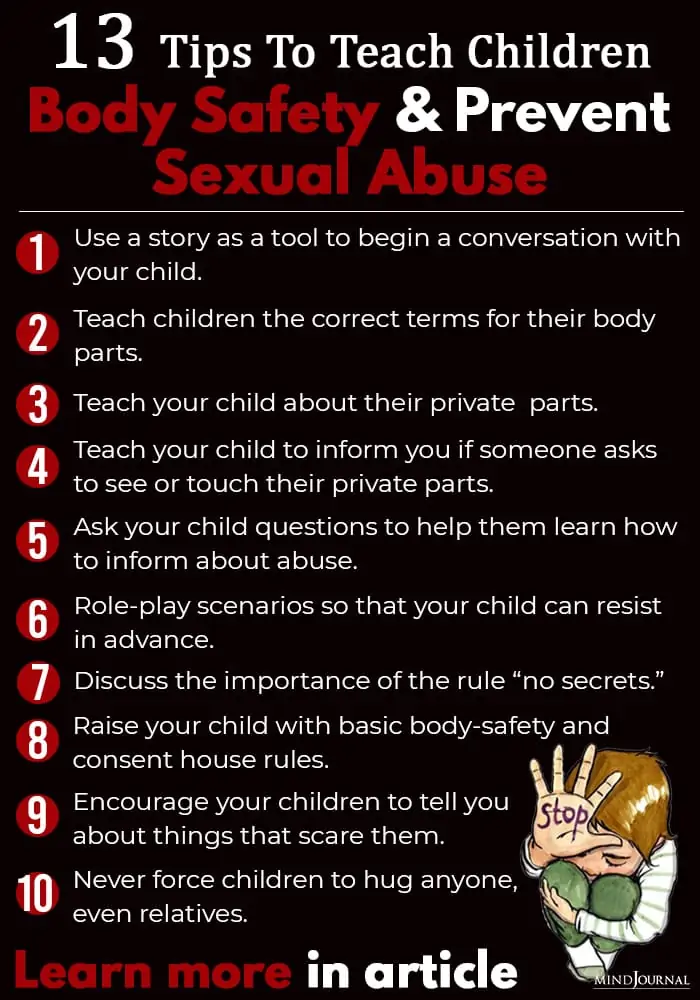
1. Use a story as a tool to begin a conversation with your child.
Add a couple of the books in the list below to your child’s bookshelf and read them periodically. Use them as a jumping-off point to ask questions to reinforce the message.
2. Teach children the correct terms for their body parts.
Teach children the correct terms for their body parts as soon as they can talk. If a child is touched inappropriately, they need to be able to clearly communicate to you or anyone else in authority about what happened. The correct name also lessens shame around sexuality. Can you imagine if your knee was just referred to as “down there”?
Read Understanding and Preventing Child Abuse and Neglect
3. Teach your child that the parts that go under a swimsuit — their penis, vulva, vagina, bottom, breasts and nipples — are called their ‘private parts.”
No one touches their private parts except their parents, or a doctor if the parent is present. They are not to touch anyone else’s private parts with any part of their body (hand, mouth, etc.)
4. Teach your child that if someone asks to see or touch their private parts
…or shows your child their private parts, they must tell you or another trusted adult straightaway. This is true no matter who the person is, including a relative, sitter, or even another child. Just say “Sometimes mom or dad helps you wipe when you poop, but no one else needs to touch you there. And you can wipe yourself when you pee, so no one, not even mom or dad, needs to touch you there. And now that you’re three, you can wash in the bath, so no one needs to wash you there, either. So if anyone–anyone at all–asks to see or touch your private parts, you must tell me about it.”
5. Ask your child questions to help them mentally rehearse the possible scenarios:
- “What would you do if someone touched you on your _______?”
- “Why is it important to tell?
- “Who would you tell?”
- “What would you do if the person said it was ‘our secret’?”
- “What if they made a threat, like they would hurt you or me?”
Encourage the child to say they would be brave and tell a parent or a teacher right away because it’s their body.
6. Role-play scenarios.
Experts say that playing “what if” games with kids gives them a chance to rehearse not only their words but their behavior because your presence and the “make-believe” scenario give them the courage to resist an advance. That programs their subconscious with a script to use if such an encounter should ever happen.
7. Discuss the importance of the rule “no secrets.”
Put this rule into practice: If someone, even a grandparent, says something to your child like, “I’ll get you an ice cream later, but it will be our secret,” firmly but politely say, “We don’t do secrets in our family.”
Then turn to your child and repeat, “Sometimes we have surprises, but never secrets. We tell each other everything.”
According to Marilyn Van Derbur, author of Miss America by Day, “Those who told immediately or very shortly after the abuse and were believed and supported showed relatively few long-term traumatic symptoms. Those who either did not tell (typically due to fear or shame) or who told and encountered a negative, blaming, disbelieving or ridiculing response were classified as extremely traumatized.”
Read Ask These 6 Questions Daily To Raise Mentally Strong Kids
8. Raise your child with basic body-safety and consent house rules
Like “We ask people before we touch their body” and “When someone says STOP!, we stop.”
9. Encourage your children to tell you about things that happen to them that make them feel scared, sad or uncomfortable.
Listen, reflect feelings, commiserate, hug. If children have an open line of communication, they will be more inclined to alert you to something inappropriate early on.
10. Explicitly discuss with your child that you would never be angry or hold them responsible if someone touches them inappropriately.
When predators groom kids, they tell the child that the parent will punish or stop loving them, if the parent is told about the sexual activity. The child will do anything to keep you from knowing about this because it is better to suffer the abuse than to lose your love. When you read books to your child, discuss the story from the child and parent’s perspective.
Ask how a child feels who has been inappropriately touched. Do they want to tell their parent? Will they? What are they afraid of? How will the parent react? Whose responsibility is it? Will the parent ever blame the child? This is an important discussion to have with kids more than once so they know that you would never blame them.
Read How To Save Children From Narcissistic Abuse and Toxicity
11. Never force children to hug anyone, even relatives.
They need to know they’re in charge of their own bodies. As one mother wrote on my Facebook page: “We need to allow our kids the right to refuse to hug or kissing anyone they don’t want to, including family. I think many of us were raised to comply with requested affection as kids. When sexual abuse happens, those ingrained behaviors will only serve to paralyze them instead of thwarting the event. (Sadly, I speak from experience on this.)”
12. Don’t leave your child with anyone, even your boyfriend, unless you completely trust him.
The good and bad news about abuse is that most of it, statistically, is not perpetrated by strangers. It happens at the hands of family members or the mother’s boyfriend. Almost all the rest is perpetrated by trusted intimates such as coaches, religious leaders, or teachers. Bad news? Yes, these are people your child trusts.
But it’s good news because it’s a risk you can usually avoid if you trust your instincts and pay attention to your child. This is just one of the many reasons that stepparents should never have the responsibility of disciplining their partner’s children.
Read The Lifelong Effects of Childhood Neglect By Parents
13. Encourage your children to trust their feelings
If something doesn’t feel right, the child should get away as soon as possible and tell you about it. She needs to be told explicitly that it is more important to stay safe and to trust herself than to be polite. It is okay for her to question, disobey, and even run away from someone whose behavior is making her acutely uncomfortable. Predators give signals; your child just needs your support to trust herself in reading them.
Are you ready to save your child from sexual abuse? Did you find the tips useful? Leave a comment below. Please share this article with anyone who you may think will find it valuable and helpful.
Research: I've drawn heavily on four sources for this article: 1.Jayneen Sander's article Protect Your Child from Sexual Abuse. Sanders is the author of the book Some Secrets Should Never Be Kept and No Means No! Teaching children about personal boundaries, respect and consent; empowering kids by respecting their choices and their right to say'No!' 2. Jill Starishevsky's book My Body Belongs to Me. Starishevsky is an Assistant District Attorney in New York City; you can listen to her on my radio show. 3. Gavin DeBecker's book Protecting the Gift: Keeping Children and Teenagers Safe (and Parents Sane). 4. 'No secret' families help protect children from sexual abuse by Amy Wright Glenn in the Philly Voice.
Written by: Dr. Laura Markham Originally appeared on: Ahaparenting.com Republished with permission.
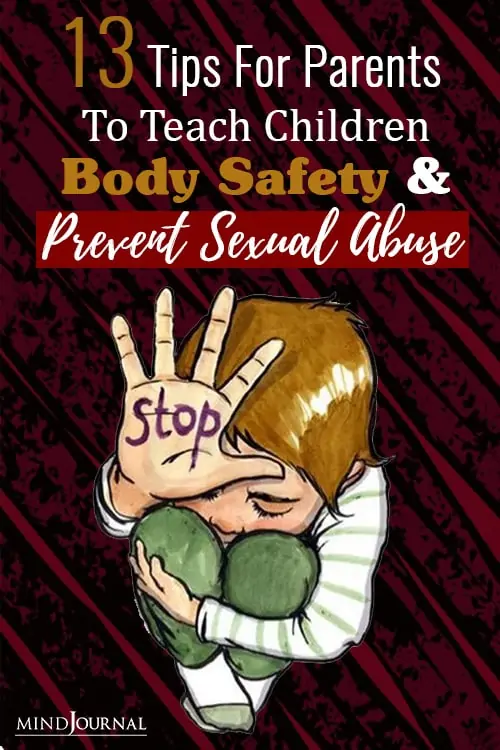
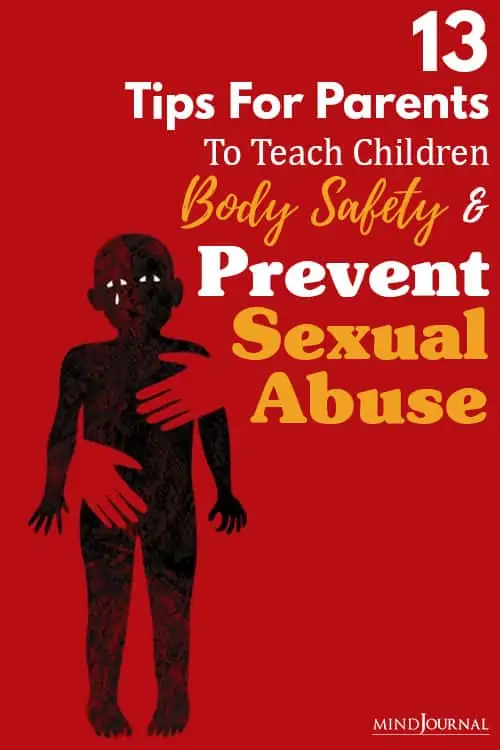
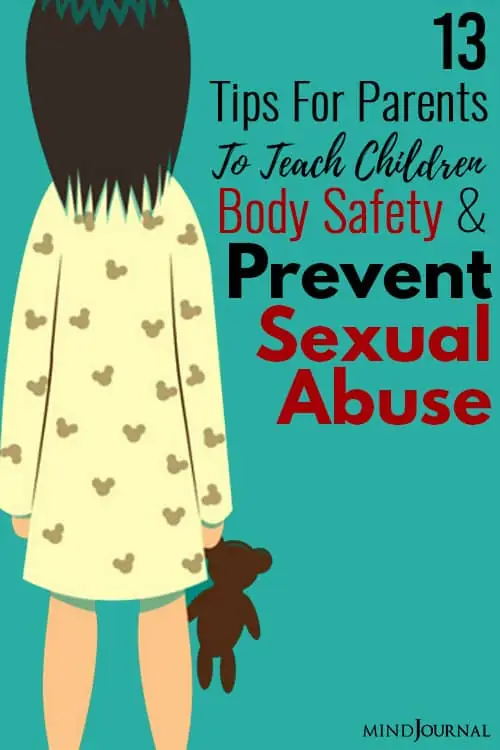
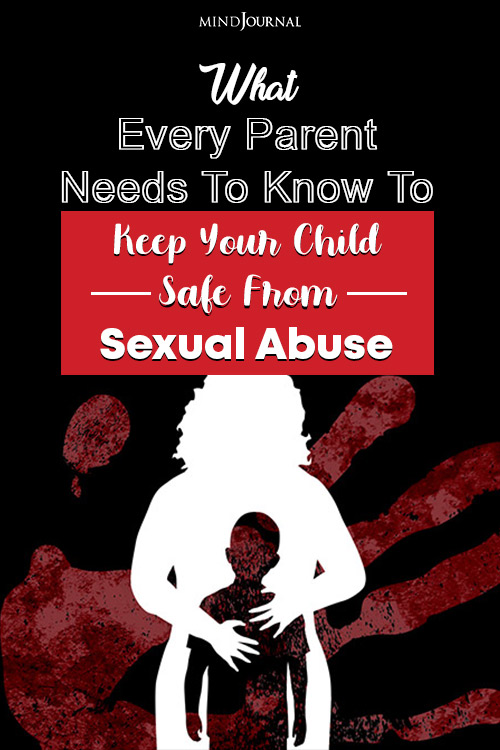
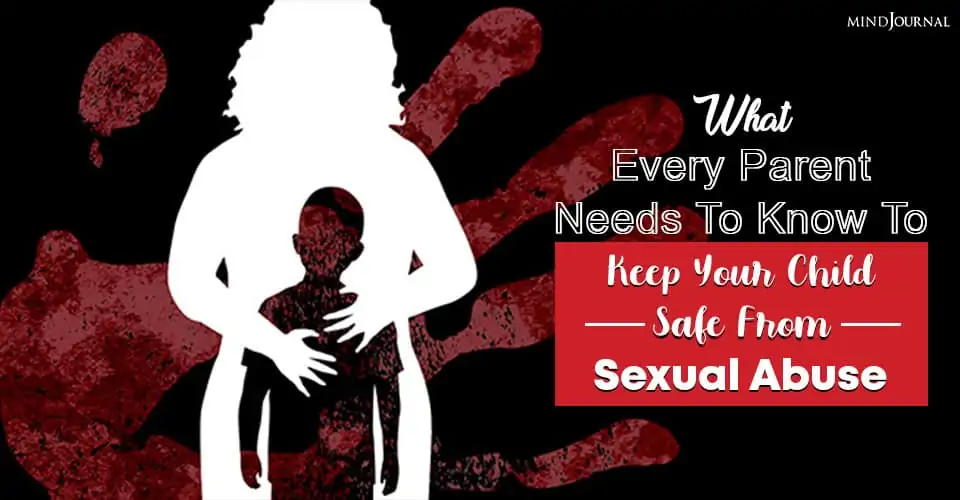







Leave a Reply
You must be logged in to post a comment.